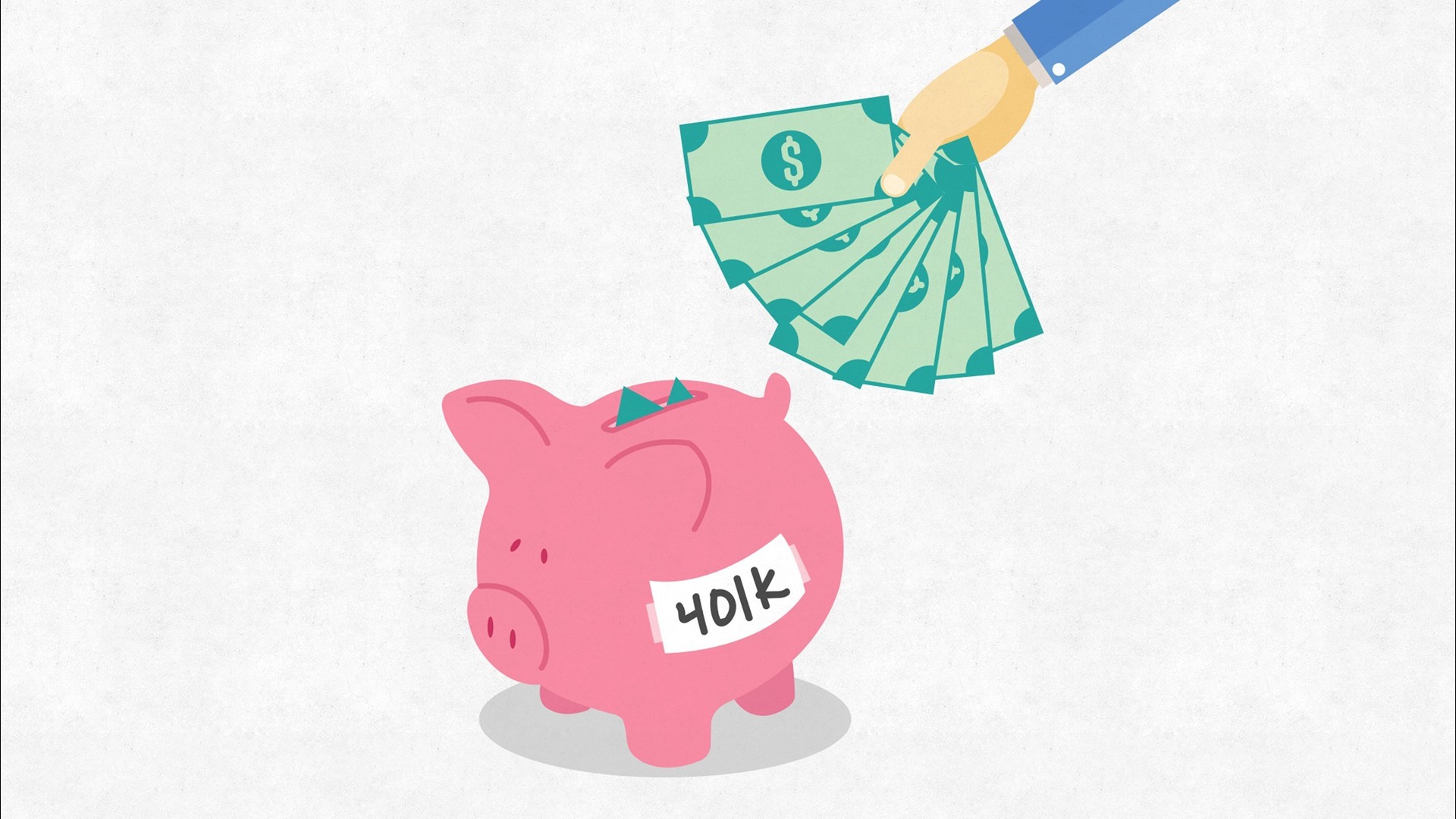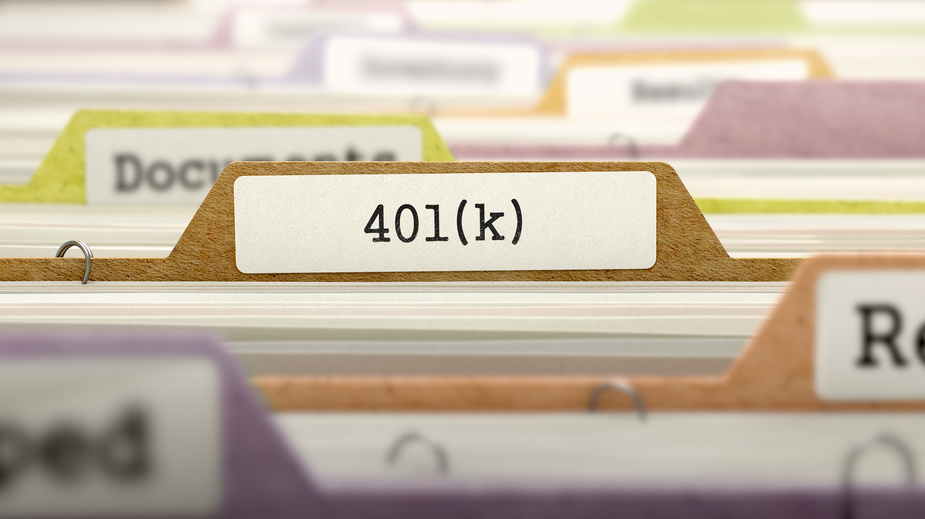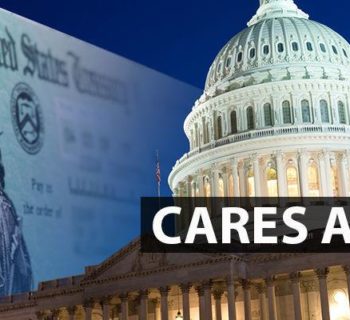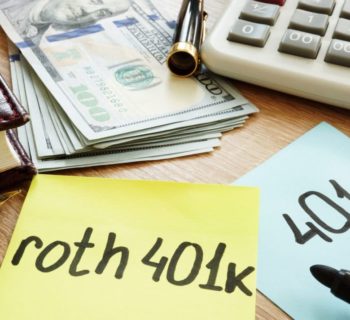The number of 401(k) participants taking distributions from their retirement plan is on the rise. In fact, a recent study from the Transamerica Center for Retirement Studies found that a whopping 37% of Americans have taken an early withdrawal, loan or hardship withdrawal from their retirement savings, an all-time high. If retirement plans are supposed to be earmarked for retirement, why are so many savers tapping these accounts for emergencies?
While many retirement plan participants dealing with financial hardships simply have no other choice than borrowing or cashing out their 401(k), many participants unknowingly choose this option without understanding the pros and cons. Unfortunately, a lack of understanding could prove costly, resulting in taxes, penalties or lost investment opportunity.
 Loan Limits
Loan Limits
401(k) loans allow participants to borrow up to 50 percent of the balance or $50,000, whichever is less. For example, a participant with a 401(k) balance of $100,000 could borrow $50,000. While the interest rate charged on the loan is generally 1 to 2 percent higher than the prime lending rate, you are paying yourself back with interest. The payments are made through payroll deductions on an after-tax basis and loan terms generally have a payback period of five years. If all that sounds good so far, why might a 401(k) loan be a bad idea?
First, the obvious: Any funds that you have removed from your retirement account to lend yourself are no longer invested and working for you. Lower balances may mean less tax-deferred growth of your plan over time. Additionally, some participants may no longer be able to afford to make their regular 401(k) contributions while also paying back their 401(k) loan.
Remember, you will be setting up a payment schedule like any other loan which means less available cash flow. In fact, some 401(k) plans even require the loan be paid off before allowing regular contributions to commence again. In addition to having less money working for you, failing to continue pre-tax contributions may also lead to lost tax savings. Having less money working for you while also reducing or eliminating your 401(k)-contribution due to loan payments can prove costly in the long run.
Understanding Taxes
In addition, since the principal and interest payments on a 401(k) loan are paid with after-tax dollars, the true interest cost for the loan is a bit higher than the rate disclosed. Remember, the funds withdrawn from a pre-tax 401(k) plan at retirement are fully taxable. Because your interest payments to yourself are deposited into your plan with after-tax funds and then taxed again at retirement, you are actually paying taxes twice on the interest. For most Americans, paying tax once is enough.
What happens the loan if you change jobs?
It also important to review the repercussions of changing jobs — one of the biggest risks of taking a 401(k) loan. Today, if you leave your job and have an outstanding 401(k) loan balance, you will need to repay the loan in full. In the event that you are unable to pay back the loan, the loan is fully taxable and could be subject to a 10 percent early withdrawal penalty if you are younger than age 59½.
With the average worker changing jobs every 4.4 years, many participants are faced with this harsh reality. Unfortunately, statistics from the NBER note that most participants have no other choice but to pay the tax and penalty when they leave their employer.
Do your research
Since the costs can be significant, consider reviewing IRS publication 575 for additional information on 401(k) withdrawals. Prior to borrowing against your 401(k) plan, be sure to familiarize yourself with the rules of your specific plan by speaking to your plan’s administrator and human resources department.
Also be sure to exhaust other funding options such as a home equity loan or line of credit before tapping your retirement plan. While 401(k) loans can be more costly than you think, it is certainly better than cashing out your plan completely.
If you have absolutely no other options available to finance a financial emergency, a 401(k) loan may be your only choice, but be sure to proceed with caution. Since everyone’s situation is unique, consider speaking to your tax, legal and financial advisers to determine the most appropriate approach for you.
Kurt J. Rossi, MBA, CFP®, AIF® is a CERTIFIED FINANCIAL PLANNERtm Practitioner & Wealth Advisor. He can be reached for questions at 732-280-7550, kurt.rossi@Independentwm.com, www.bringyourfinancestolife.com & www.Independentwm.com. LPL Financial Member FINRA/SIPC.











